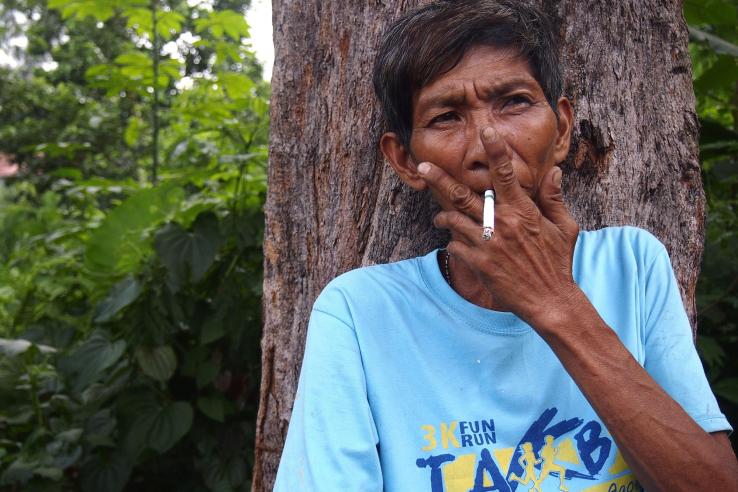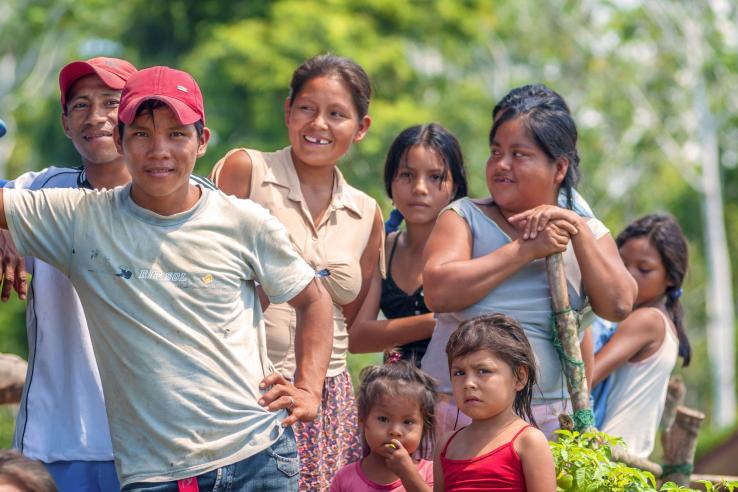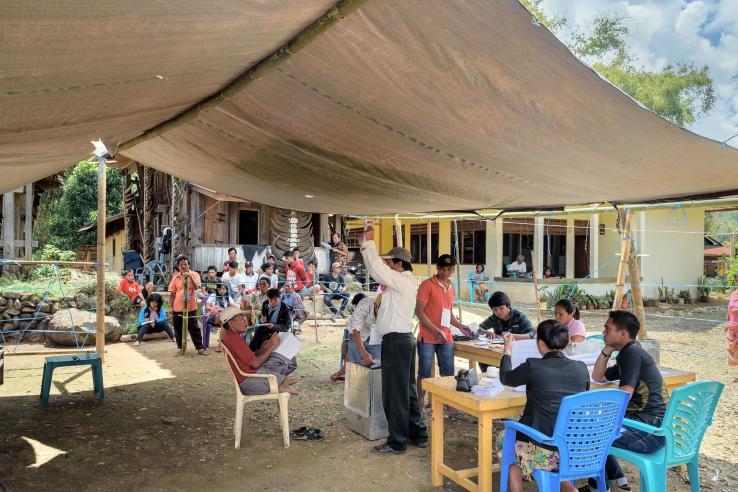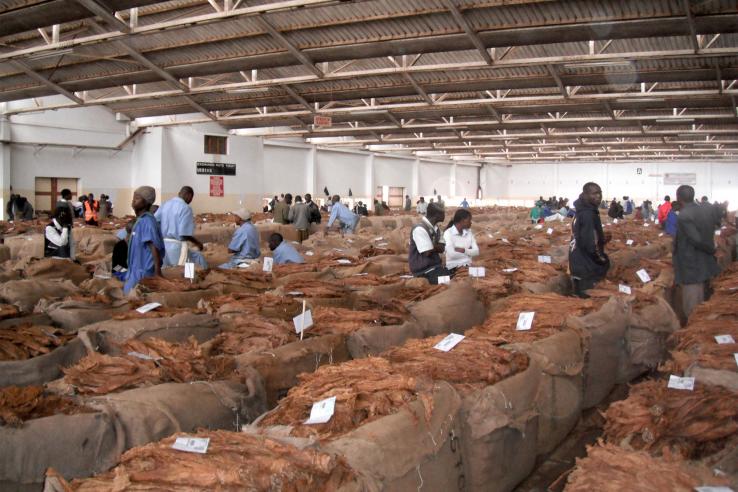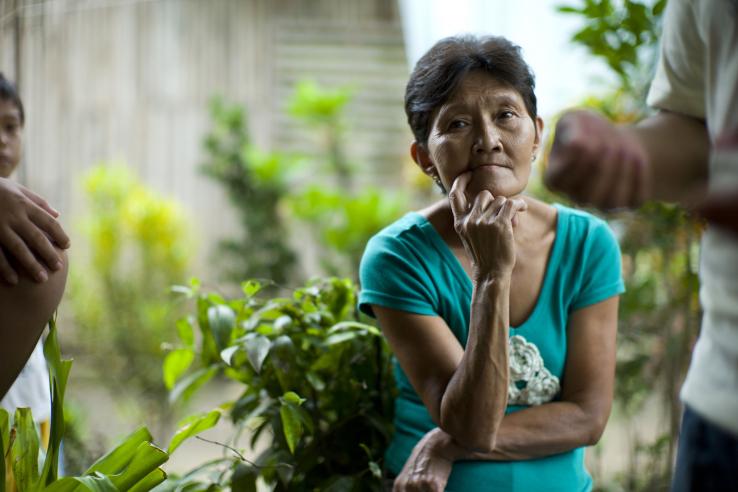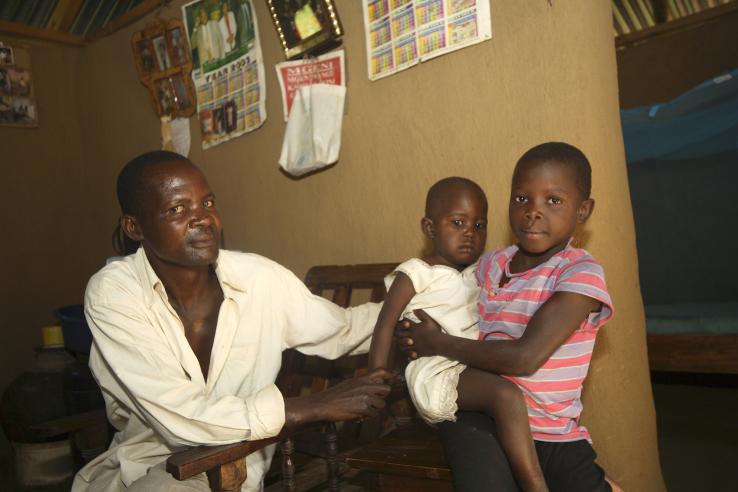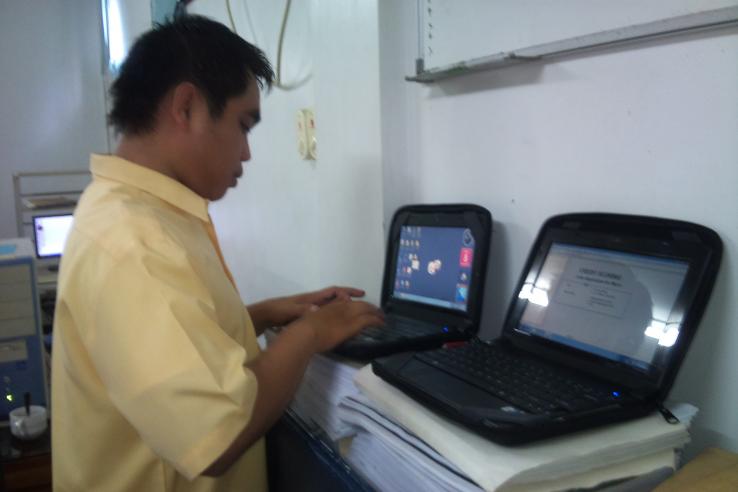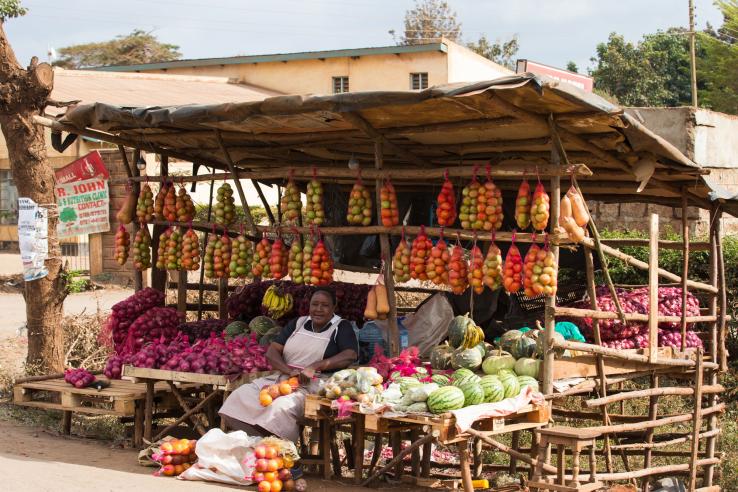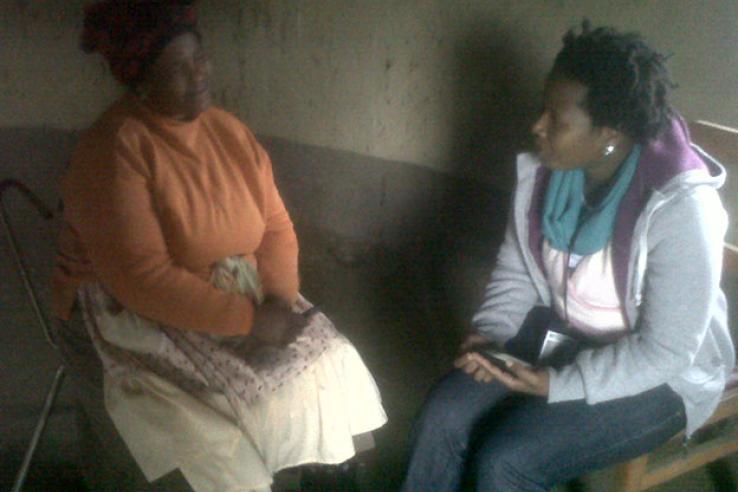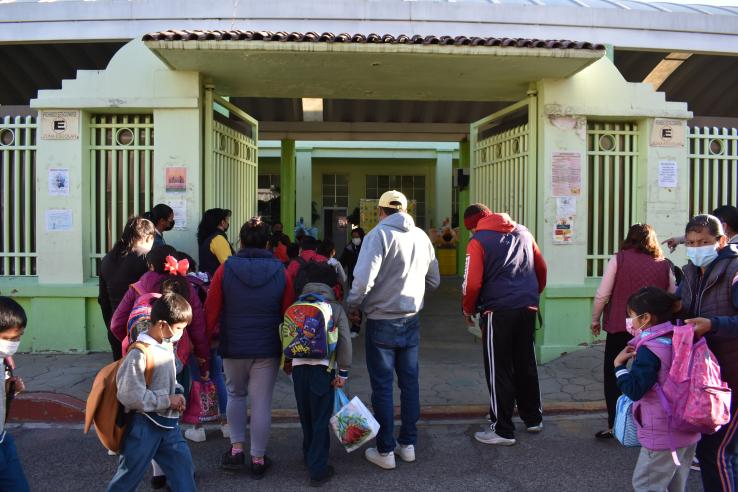Displaying 4321 - 4335 of 8420
Evaluation
Researchers evaluated the impact of a voluntary commitment savings program that allowed individuals to deposit a self-selected amount of their own money that would be forfeited if they did not quit smoking within six months. Results suggested that individuals who were offered the program were much more likely to quit smoking.
Evaluation
In Peru, researchers attempted to evaluate the impact of a technology-based financial literacy program on microcredit clients’ financial behavior. Low implementation levels led to a discontinuation of the evaluation.
Evaluation
Researchers randomly assigned 49 villages in Indonesia to choose local infrastructure projects through either a direct election or a representative-based meeting. Choosing local infrastructure projects by direct election, rather than through representatives, had a small effect on the types of projects selected but a large impact on citizen satisfaction.
Evaluation
Researchers analyzed the effect of reducing barriers to saving in rural Malawi on savings behavior, investment in agricultural inputs, and consumption. They found that farmers with access to formal savings accounts preserved greater amounts of savings throughout both the harvest and planting seasons.
Evaluation
Researchers evaluated the impact of a door-to-door deposit-collecting service, which regularly collected funds from clients’ homes to be deposited at a local bank, on clients’ savings. Results demonstrated that clients who lived farther from a bank were more likely to take up the service, and clients who took up the service significantly increased their savings.
Evaluation
Researchers used two randomized evaluations, an online survey and a field experiment, to test how personality traits affect responses to persuasive appeals to vote. They found that individuals with high levels of openness were most responsive to a range of appeals.
Evaluation
This evaluation examined the direct impact of providing small consumer loans to marginally creditworthy individuals in South Africa on their credit access, investment, and well-being, as well as the profitability of these loans for lenders. Results found approving loans for marginally creditworthy applicants did improve economic outcomes for poor households and generated profits for lenders.
Evaluation
Researchers evaluated whether disclosure of past voting participation had a stronger impact on turnout when it reminded voters of instances in which they previously voted or of instances in which they failed to vote. The results suggest that mailings disclosing past voting behavior had strong positive effects on voter turnout, and that these effects were stronger when voters were told of a recent election in which they failed to vote.
Evaluation
Researchers in the Philippines are examining the various constraints hindering SME growth and evaluating whether graduate business students can effectively teach management skills and improve small business performance.
Evaluation
Researchers offered market vendors and bicycle taxi drivers in rural Kenya the opportunity to open a savings account at no cost. The formal savings accounts increased savings, productive investments, and expenditure levels among female micro-entrepreneurs, but not among males.
Evaluation
Researchers examined the level of racial discrimination in the United States labor market by randomly assigning identical résumés black-sounding or white-sounding names and observing the impact on requests for interviews from employers. Results found that résumés with white-sounding names received 50 percent more callbacks than those with black-sounding names, indicating that, all other things being equal, considerable racial discrimination exists in the American labor market.
Evaluation
In South Africa, researchers evaluated whether people have enough information to identify reliable borrowers among their peers and if they can help enforce loan repayment. They found that when given incentives, peers were not effective at screening for creditworthiness, but they were effective at enforcing peer repayment and reducing default.
Evaluation
In France, researchers examined the effect of job-related mentoring and support for university students from low socio-economic backgrounds on their chances of finding employment after graduating. The program did not result in improved job search efforts, greater employment prospects, or better jobs.
Evaluation
In Mexico, researchers evaluated the impact of PROGRESA, a national CCT program, on both school enrollment and child wages.
